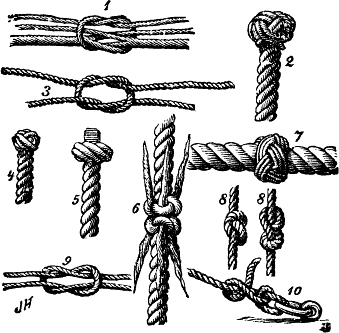“Fifty Shades of Grey” – A Philosophical Review

Fifty Shades of Grey has sparked a lot of debate. Some like the fact that a popular movie now breaks the taboo on BDSM and seeks to challenge common stereotypes. Others condemn the movie for romanticizing violence.
So far, however, no philosophers seem to have joined the debate. That’s unfortunate, for how we should assess Fifty Shades and its BDSM theme depends on a range of philosophical issues such as consent, harm, voluntariness, respect, dignity, and the role of fiction.
BDSM is a somewhat radical topic, and for philosophical purposes, that is often an advantage. Radical topics – like thought experiments – put our principles to the test. (If you think Fifty Shades is grotesque, you should be warned that it is a walk in the park compared to many of the standard thought experiments in ethics).
For philosophical reasons – and philosophical reasons only, of course – I recently went to watch Fifty Shades of Grey.Read More »“Fifty Shades of Grey” – A Philosophical Review

